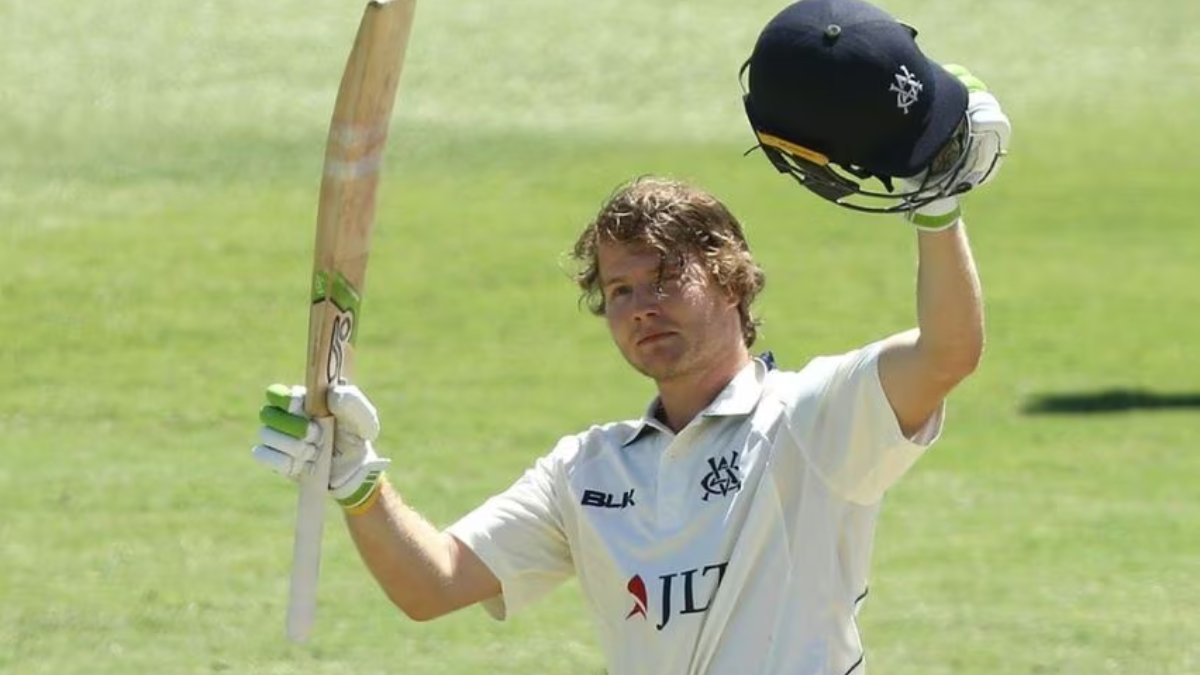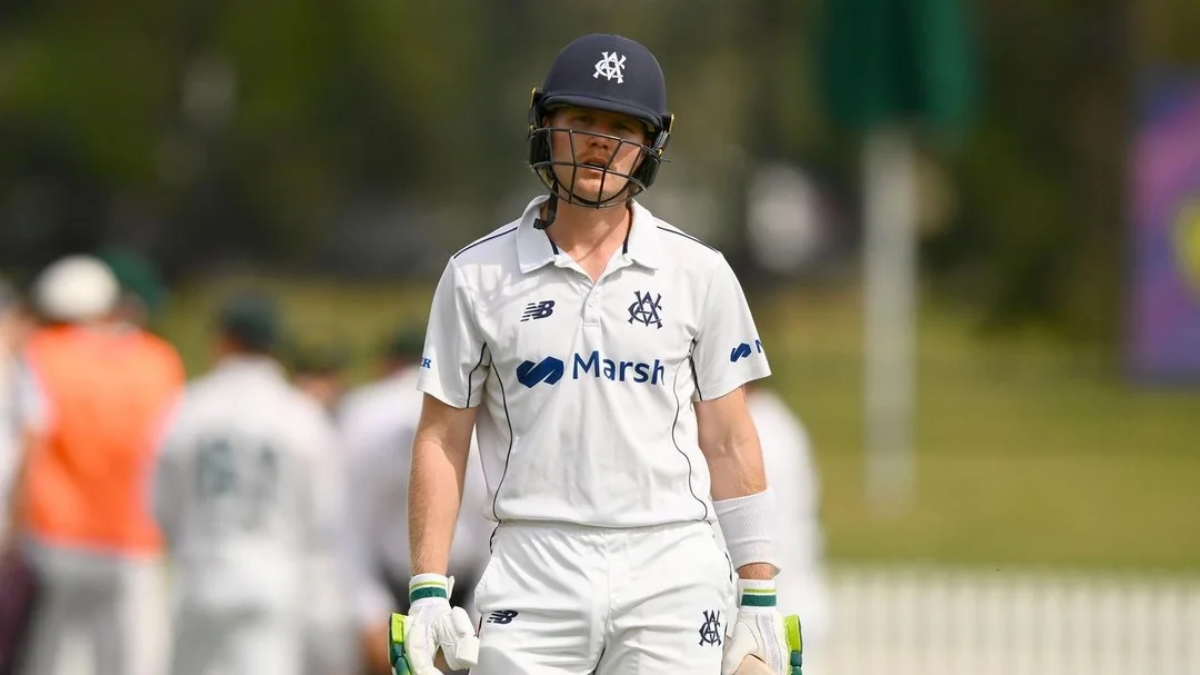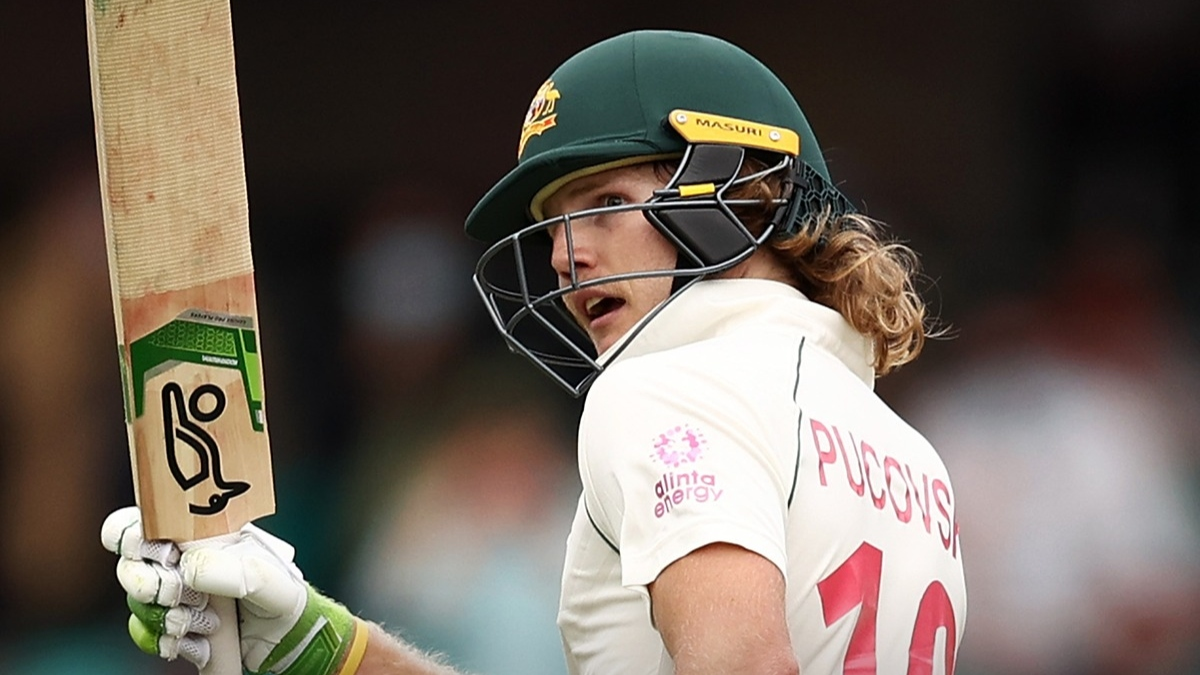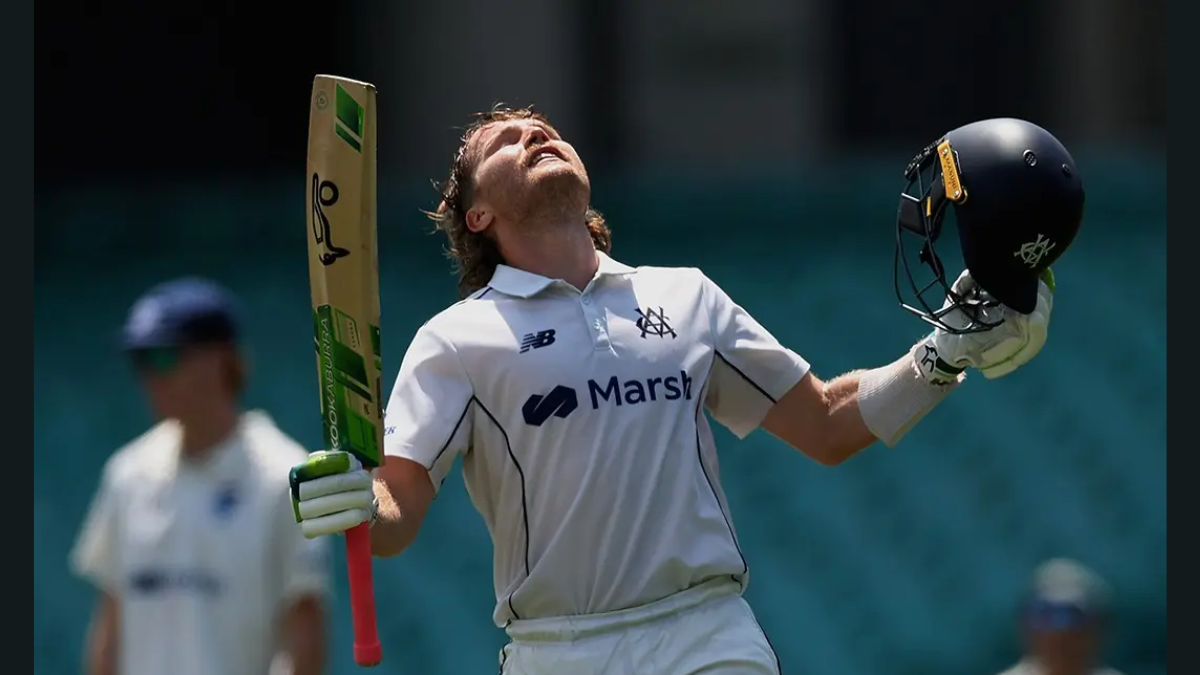
Will Pucovski, once touted as the next big thing in Australian cricket, has announced his retirement at just 27 years old. Despite playing only a single Test match for Australia, his batting prowess and composure had made him a standout talent. Unfortunately, his career has been derailed by a series of concussions—13 in total—suffered over the years while batting. The frequency and severity of these injuries have now forced him to step away from professional sport entirely.
Table of Content:-
In an emotional interview with SEN Radio, Pucovski said, “It’s been a really difficult year, to put it as simply as possible… I won’t be playing cricket at any level again.” He also mentioned plans to shift gears towards commentary and coaching, focusing on his love for the game in ways that don’t compromise his health.
Concussions: A Silent Threat in Contact Sports
While Pucovski’s decision has shocked fans, his health concerns are rooted in a very real and often underestimated issue—concussions. A concussion is a type of traumatic brain injury (TBI) that occurs when the brain is violently shaken or twisted inside the skull, usually due to a blow to the head or body. Though often labeled as “mild” brain injuries, concussions can have long-lasting and even permanent effects if not properly managed.

In Pucovski’s case, repeated blows to the head had accumulated over time. The most recent injury came from a bouncer bowled by Tasmanian pacer Riley Meredith. Following that, a panel of medical experts from Cricket Australia advised him to consider retirement to prevent long-term damage.
How Do Concussions Happen?
The brain is a delicate organ, cushioned within the skull by cerebrospinal fluid. However, during high-impact sports like cricket, football, or rugby, the brain can move inside the skull due to sudden forceful motions—either from a direct hit or whiplash. This movement can stretch and damage nerve fibers and blood vessels, causing a range of physical and mental symptoms. Common causes of concussions include:
Also Read: UK Woman Left Paralysed After Botched Weight Loss Surgery In Turkey Sparks Medical Tourism Concerns
- Falls from a height or slipping
- Car or bike accidents
- Blows to the head during contact sports
- Physical altercations or assaults
In cricket, fast bowlers deliver balls at speeds exceeding 140 km/h, and even with helmets, the impact can be significant.

Serious Consequences of Repeated Concussions
Though a single concussion might only cause short-term symptoms like dizziness, headache, or confusion, repeated injuries over time—as seen in Pucovski’s case—can result in severe complications. These include:
- Post-concussion syndrome: Symptoms such as headaches, sleep disturbances, and memory problems that last for weeks or even months.
Also Read: Myanmar Earthquake Releases Energy Equal To 334 Atomic Bombs; Experts Fear Lasting Health Crisis
- Brain swelling and internal bleeding: Especially dangerous and potentially life-threatening if not diagnosed early.
- Cognitive decline: Memory loss, concentration issues, and even dementia in the long term.
- Midline shift: A condition where the brain shifts from its natural center, indicating severe trauma.
For an athlete, these complications not only affect their performance but also pose a significant risk to their long-term quality of life.

Bottomline
Will Pucovski’s retirement is a sobering reminder of how vulnerable athletes can be to hidden health risks. While fans and selectors had hoped for a long and illustrious career, his decision underscores the importance of prioritizing health over professional ambition.
Though his time on the field has ended, his experience could serve as a turning point for how sports organizations approach head injuries, especially in younger athletes. As Pucovski moves into commentary and mentoring, his voice might now help shape a safer future for Australian cricket.
Also watch this video
How we keep this article up to date:
We work with experts and keep a close eye on the latest in health and wellness. Whenever there is a new research or helpful information, we update our articles with accurate and useful advice.
Current Version
